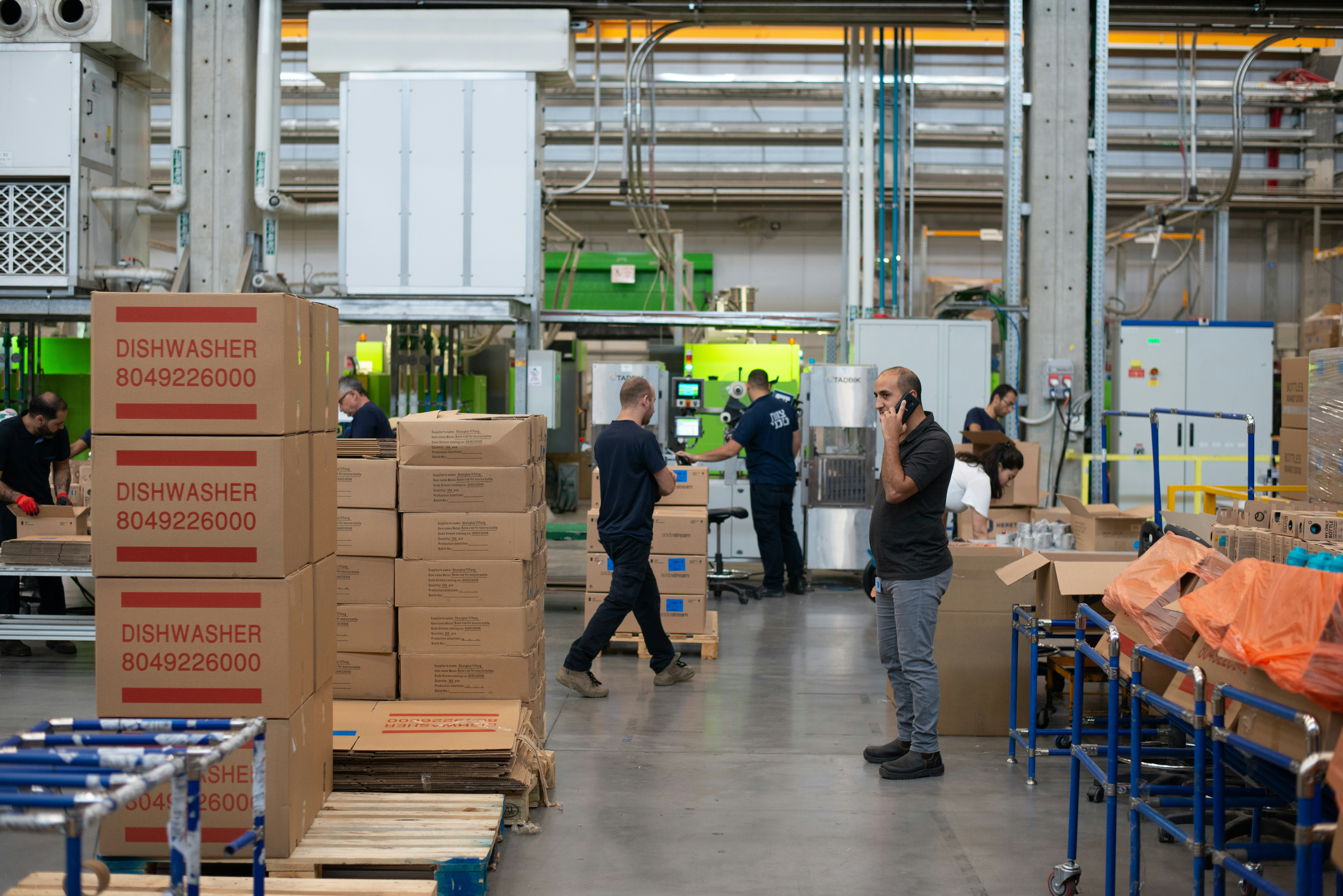Starting a new franchise can be a daunting endeavor. You want to ensure every customer has the best experience possible but you also need to make sure your franchise business is primed for success. While the foundation of any franchise business is already set with external regulations and tools, it’s important to incorporate your own small business know-how into your operations.
If you want to start a successful franchise business, you need to consider services such as asset tracking, check-printing software, and a franchise lender like franchisesearchengine to help you get off the ground. If you’re not sure about any of these concepts or you need some added information, here’s what every franchisee should know when they start their business.
Start with the funding.
Franchise finance can be a tricky subject. After all, what does franchise financing entail? Are you using your own checks to pay for a stake in an existing business? Does the franchisee work with a lender to secure working capital? If you work with a lender, you need to decide whether you go to a credit union or an independent lender with a potentially lower interest rate. You also need to consider the franchise fee as well as general overhead, particularly if you’re looking for an SBA loan.
While the SBA (Small Business Administration) might seem like the best option for a business owner, you might even consider working with a lender that specializes in franchisee finances.
As a franchisee, the finance options available to you will depend fairly heavily on your credit score as well as potential collateral. Your credit score can impact everything from your interest rate to the initial down payment for a franchise fee. If you don’t want to empty out your bank account to finance your new business, you’ll most definitely want to consider a business loan or bank loan. For an entrepreneur or new business owner, a bank loan may be able to quicken the process. However, since you’re a borrower, you’ll want to know all the terms of your loan. Often, these are listed on the loan application so make sure to review your bank loan before adding your signature.
Once you’ve secured funding, you’ll sign a franchise disclosure document as well as a franchise agreement. As a business owner, it’s often a good idea to review this with a lawyer alongside your chosen financing option to make sure it works with your business plan. After all, an SBA loan or bank loan can also impact how you pay for a lease and a franchise agreement may have stipulations about where you house the franchise business.
Outsource certain processes.

If you’re manually handling payroll through your own checks or personal checks, you’re going to have a difficult time. As a franchise owner and small business owner, it’s important that you don’t let certain processes slow you or your business partners down. A great place to start is your accounting department. While you may think you need an in-house accounting team as a franchise owner, it’s often something that’s easier to outsource. Some financial institutions while handle check printing and provide check paper but many don’t. As such, it’s a great idea to consider external assistance. You can work with a check writer service which can save you time from navigating blank checks and invoices in a program like Quickbooks. Make sure you choose a check writer with a high level of integrity and quality customer service. Ease of use is also important so your payroll never gets bogged down.
If you don’t want to completely outsource, you may want to invest in check printing software. Many check writing software programs follow key best practices and make it easier to track account numbers and view important capital information in real-time. Whether you need a quick deposit slip or you want to use a check writer for some startup costs, check writing software can benefit any new business. If you want, some check writers offer a free trial to see if it will work alongside your existing new business processes.
Asset tracking is critical.

Many franchise businesses neglect asset management software when calculating their startup costs. Asset tracking is crucial if you’re working with large volumes of physical assets. A good amount of the United States franchise industry is based around physical products and goods which can be overwhelming for new franchisees. Human error also makes asset management that much more complicated. That’s why it’s a good idea to invest in an asset management solution. After all, asset management is used by construction companies to track new equipment, foodservice brands to track incoming shipments, and shipping brands to verify package deliveries.
Within franchise opportunities, there are numerous business operations that require a software solution that can help with asset tracking. Critical assets within your supply chain should be prioritized but IT assets are important as well and can often be a hassle without the right tools. On top of that, asset tracking extends beyond a simple barcode scanner so you need to assess your asset management needs for the life cycle of your franchise.
You can ask your affiliates and remote teams if they know of any good programs. It’s also worth it to contact your receivers who are likely the first to notice any inaccuracies in your assets. When you incorporate asset tracking best practices in tandem with asset location platforms, you’ll have a much easier time handling any type of asset. Certain platforms also go beyond location information and barcodes to help you develop custom reports. While location data is critical for your ROI and business goals, added reporting can also benefit a new franchise owner in ways you might not have previously considered.
Implement software platforms.

If you want to improve the customer experience and reach a wide variety of potential leads, a software setup is a necessity. A partnership with the right software developer can help broaden your reach by quite a margin. Depending on how much time you have, you can be as involved in the development process as you want. To get started, you’ll likely go over mobile app and software templates. If you’re working with IoT products, it’s key to follow best practices and find a brand with years of experience developing for mobile devices.
Brands like Devsu, found at devsu.com, are adept at smartphone and dashboard applications that can make it easier to connect with your audience. If you need any digital products, it’s a good idea to consider developing your own custom platforms that can extend your reach and enhance overall connectivity.
When you’re working with a franchisor, there’s a lot to keep in mind. After all, a franchisor will want to verify if you have good credit, verify a loan program or franchisor financing, and will require other personal information. If you don’t want your experience as a borrower and franchisee to be a headache, it’s important that you have the right tools lined up to help you succeed. Between meeting with an alternative lender or considering traditional bank loans, setting up asset tags, and securing real estate for your franchise, you’ve got a lot of work ahead of you. As long as you keep to it, you have a strong shot at a lasting brand.


































